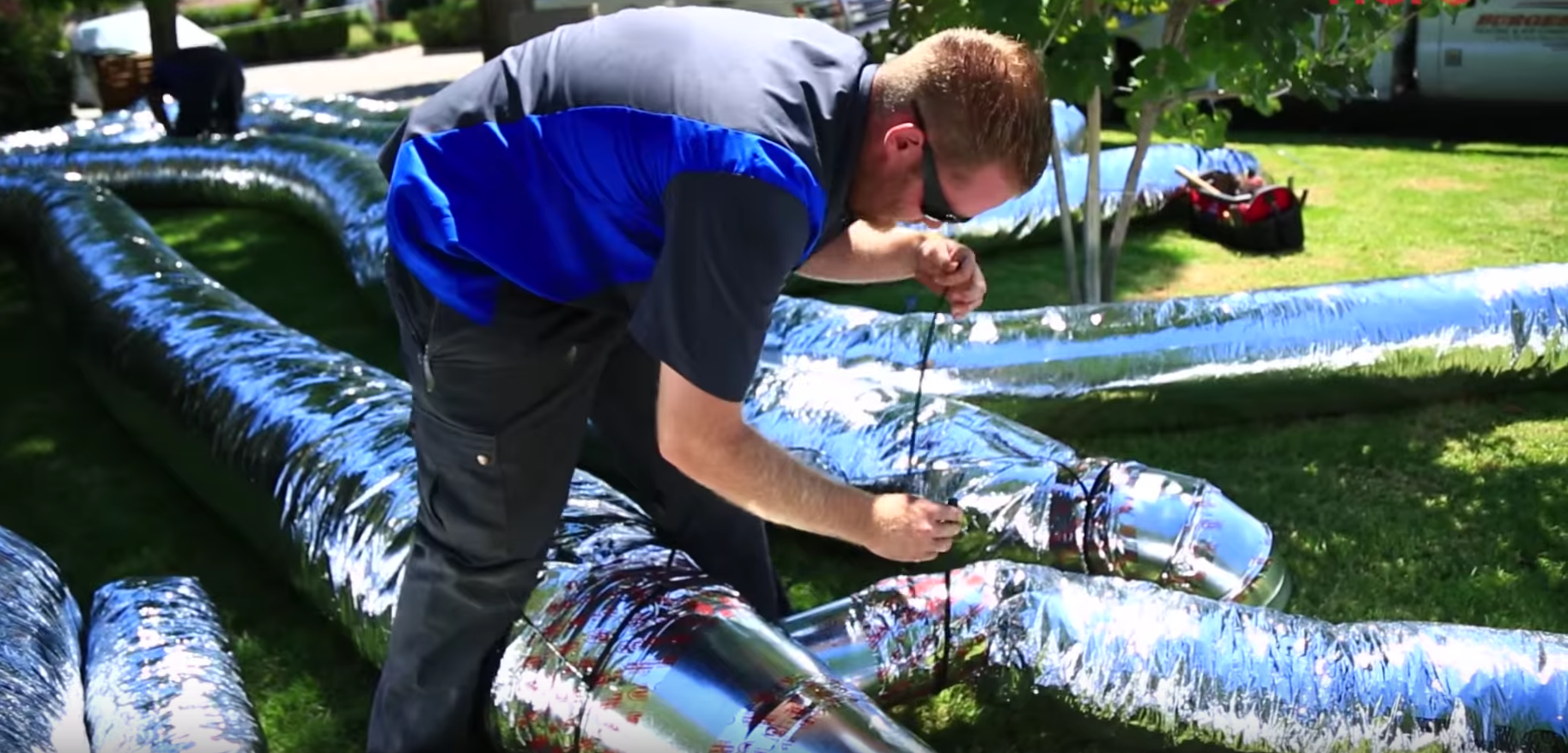Do you feel like your air conditioner is consistently under performing? Are you constantly needing to adjust your programmable thermostat to stay cool? Are you hearing worrisome noises coming from your system? Before you head out to replace your current unit, there are a few things you should consider.
Age of System
Homeowners with equipment that is older than 10 years can generally benefit from upgrades. Most of the time, a newer piece of equipment (even a low-end one) can cut electricity use by about half. Until 2006, air conditioning units carried a 10 SEER rating or below. As of January 1st, 2015, the federal minimum rating is 14 SEER in California. In terms of energy savings, that federal regulation means newer equipment uses 40% less electricity. For even more savings, a 21 or 25 SEER unit can reduce cooling expenses by 110% to 150%, respectively, over a 10 SEER unit.
High-Efficiency Technology
The HVAC industry has gone through considerable changes in equipment technology and federal regulations. For example, the Environmental Protection Agency (EPA) implemented a phaseout plan for R-22, an ozone-depleting refrigerant. Because these refrigerants will no longer be produced, its price has increased over the years. While many homeowners may be wary of purchasing a new high-efficiency unit, they may be able to qualify for federal tax credits and utility rebates that can offset the cost of a new system.
Cost of Repairs
When considering whether to replace or repair an air conditioning unit, you must also consider the entire system's health. For example, if a home is poorly insulated, then it can put unneeded strain on your old or new system. Consider the cost of repairs for labor, building envelope leak or crack repair, and insulation. Additionally, consider running a duct-leakage test to see if you need to seal any gaps. If the estimated cost of repairs for your unit exceeds 50% of the cost of upgrading to a new unit, then it is time to replace.
Sizing
For homeowners whom have made up their mind to replace their air conditioning unit, making sure your new system is sized correctly is critical. Expert contractors will typically perform a Manual J load calculation. This process ensures that you are getting an appropriately sized air conditioning unit. Be wary of contractors who rely solely on a ballpark estimate when sizing your equipment. Usually, this inefficient method of sizing leads to installing systems that are far too big meaning increased energy bills and short system lifetimes due to frequent short-cycling and component breakdowns. A Manual J load calculation takes into consideration the number of windows in a home, building envelope and footprint, and more to produce an exact tonnage requirement.
While the question of whether you should repair your air conditioning unit or replace it requires knowing many variables, often times replacement is the ideal option. With leaps in HVAC technology, it is now possible to be even more comfortable and save even more energy than ever before.












